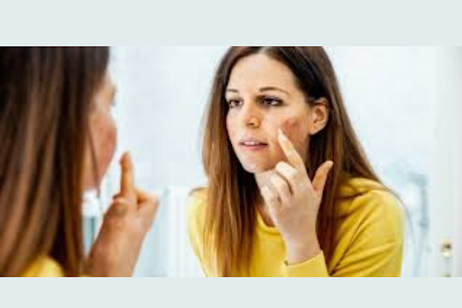Causes of Urticaria: Understanding the Triggers
Urticaria, commonly known as hives, is a skin condition characterized by raised, red, and itchy bumps that appear on the skin. It is often caused by an allergic reaction, but it can also be triggered by other factors. Understanding the causes or triggers of urticaria is crucial to managing and treating the condition effectively.
Allergic triggers: One of the most common causes of urticaria is an allergic reaction to certain foods, medications, or other substances. Common allergens include nuts, shellfish, dairy, certain medications (such as antibiotics, non-steroidal anti-inflammatory drugs, and aspirin), and insect stings or bites. Allergic reactions cause the body to release histamine, a chemical that causes inflammation, redness, and itching.
Environmental triggers: Urticaria can also be triggered by environmental factors such as heat, cold, sunlight, pressure, or water. Known as physical urticaria, this type of hives usually develops within minutes of exposure to the trigger.
Stress: Emotional stress can cause urticaria, especially chronic stress. Stress triggers the release of stress hormones such as cortisol and adrenaline, which can stimulate the immune system and trigger inflammation.
Infections: Certain viral, bacterial, and fungal infections can cause urticaria. The infections can trigger the immune system to produce antibodies that attack healthy tissues, leading to hives.
Autoimmune disorders: Autoimmune disorders such as lupus, rheumatoid arthritis, and Sjogren's syndrome can cause urticaria. These conditions occur when the immune system mistakenly attacks healthy tissues, leading to inflammation and tissue damage.
Genetic factors: In some cases, urticaria can run in families. Some people may have a genetic predisposition to the condition, which means they are more likely to develop hives.
In conclusion, urticaria can be caused by a wide range of factors, from allergies and infections to environmental triggers and genetic factors. Identifying the underlying cause of urticaria is important for effective treatment and management of the condition. If you experience persistent hives, it is important to consult a healthcare professional for a proper diagnosis and treatment plan.

Comments
Post a Comment